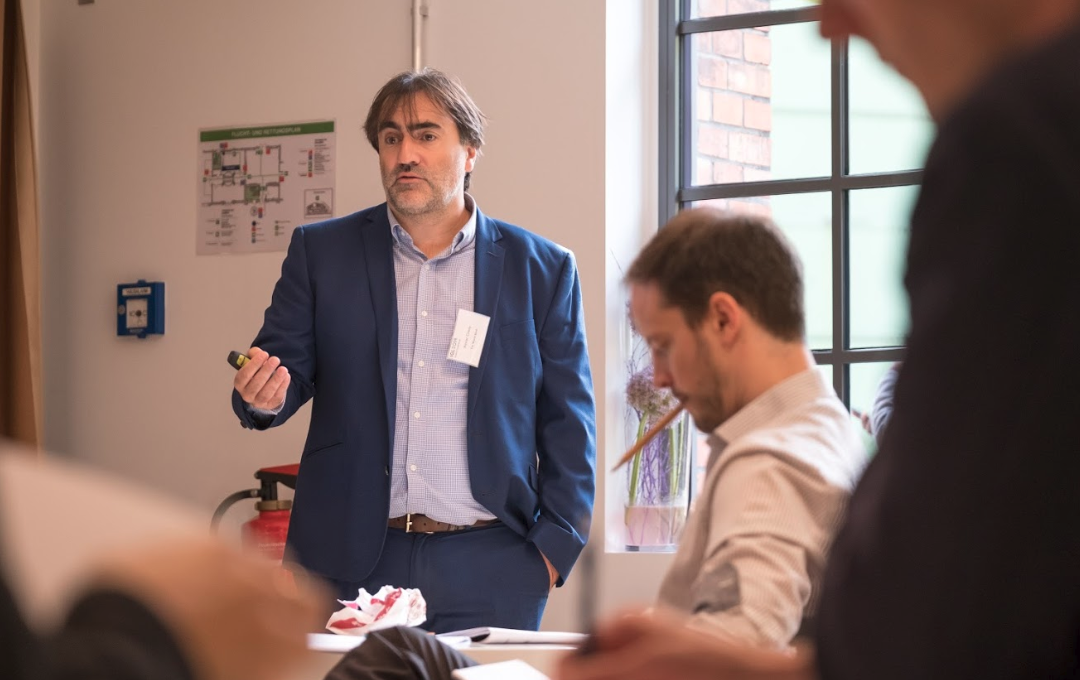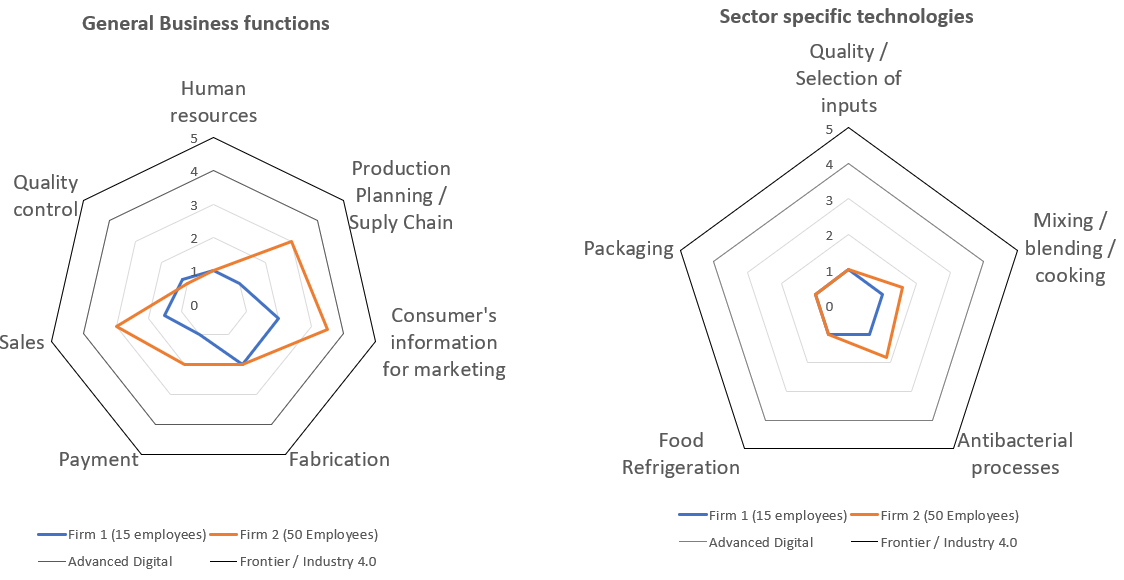
Blog
Supporting technology adoption at IGL2019
24 June 2019
I recently participated at the Innovation Growth Lab’s Global Conference, IGL2019. The conference is a unique opportunity to access the latest developments in innovation policy, and more importantly, on evidence about these types of policies. This year IGL2019 had a large focus on how to use technology and big data to facilitate the measurement of innovation and the formulation of innovation policies, combining views from both academics and policymakers. My main takeaway: there are a great deal of unexplored data sources that can help to better measure innovation and to design more effective policies.
My main takeaway: there are a great deal of unexplored data sources that can help to better measure innovation and to design more effective policies.
One thing that I found surprising though, is that while we are making progress on how technology and big data can help policy, I don’t think we are making much progress on how policy can encourage the use of technology and big data more generally. We know little about what policy instruments are more effective for technology adoption, especially in developing countries; and we also lack understanding of the main private sector technology gaps that innovation policies should target. Most of our existing knowledge is about general purpose technologies – use of internet, mobile phones – and how these are diffused within and between countries. But we continue to lack understanding about the use of these technologies in different functions and production processes in businesses. For example, what is the technology used by manufacturing firms when performing quality control inspection of their products? Or how do they manage their supply chains? These are critical questions when it comes to discussion around Industry 4.0 or smart factories, which is primarily about the application of key digital technologies in production and business processes.

To address this gap, at the World Bank we have started a global project to better measure technology adoption in firms, and we are implementing a new and comparable firm level survey across 9 countries – Senegal, Brazil, Malawi, Jamaica, Kenya, Vietnam, India, Bangladesh and South Korea
To address this gap, at the World Bank we have started a global project to better measure technology adoption in firms, and we are implementing a new and comparable firm level survey across 9 countries – Senegal, Brazil, Malawi, Jamaica, Kenya, Vietnam, India, Bangladesh and South Korea – in different sectors – manufacturing, retail, banking or agriculture – and ask about the use of technologies for different purposes. The results of a pre-pilot which included 12 firms in Senegal indicates the potential to get a better measurement of the technology gap and the different obstacles. This very preliminary data confirmed the expected gap in fabrication technologies, where the few firms interviewed indicated the use of manual processes and machinery manually operated – far from the smart manufacturing model. At the same time this apparent use of primitive technologies is not necessarily extrapolated to other business functions. For example, these initial results suggest the use of digital social media platforms like Whatsapp or Facebook for marketing, sales and client engagement in certain sectors. More importantly, as the figure below shows for an example of two firms in the food processing sector, technology gaps in certain areas such as production may be large with the frontier but not between small and large firms,
This is a very exciting project and in if you want to include your country in the project write to us at [email protected] and [email protected]. In the coming months we hope to gather more data to better measure the size of the technological gap and the main obstacles to technology adoption in order to better inform and design more effective technology policies.
This work was presented at the IGL2019 Policy and Practice Learning Lab in Berlin.
